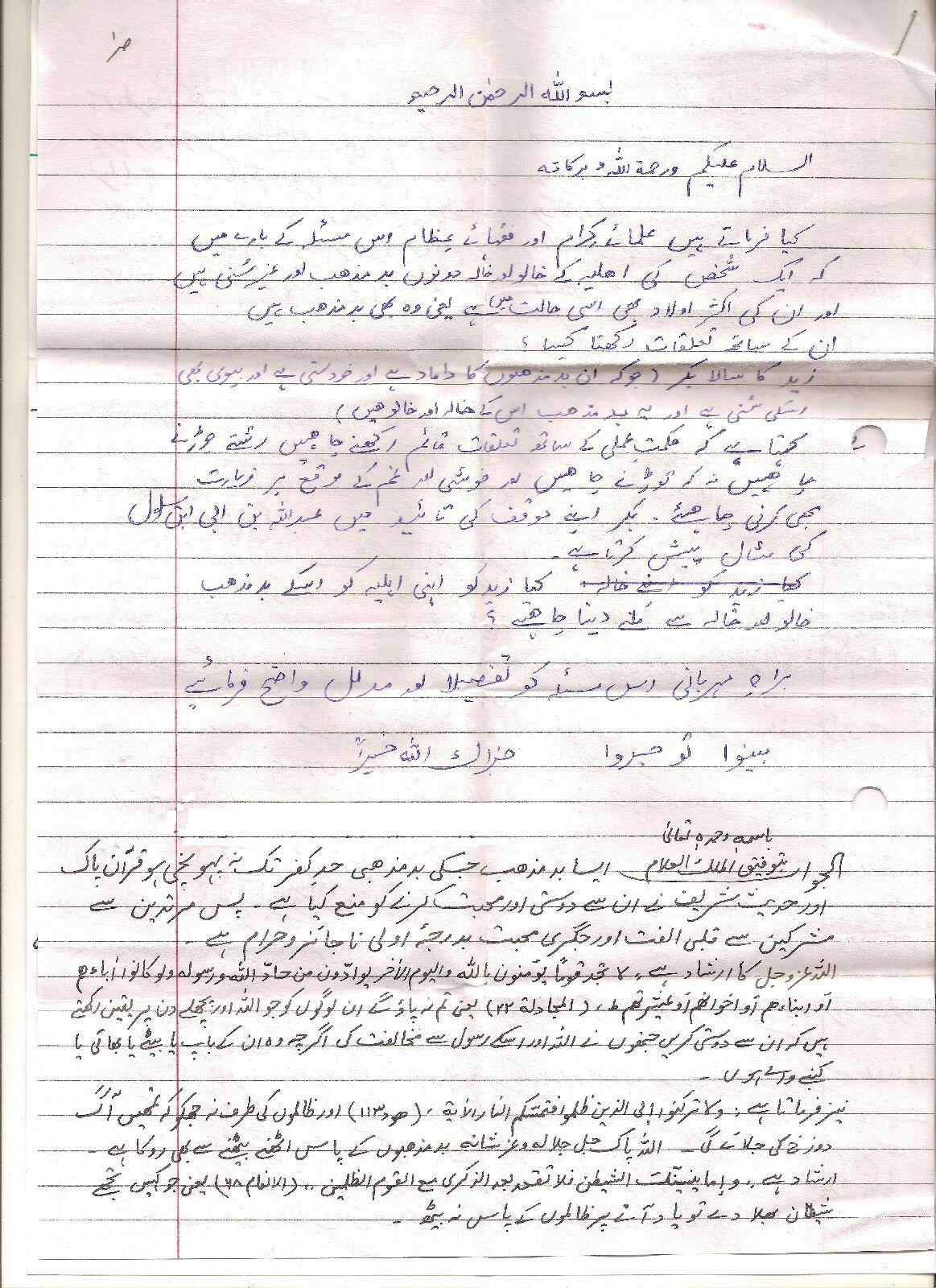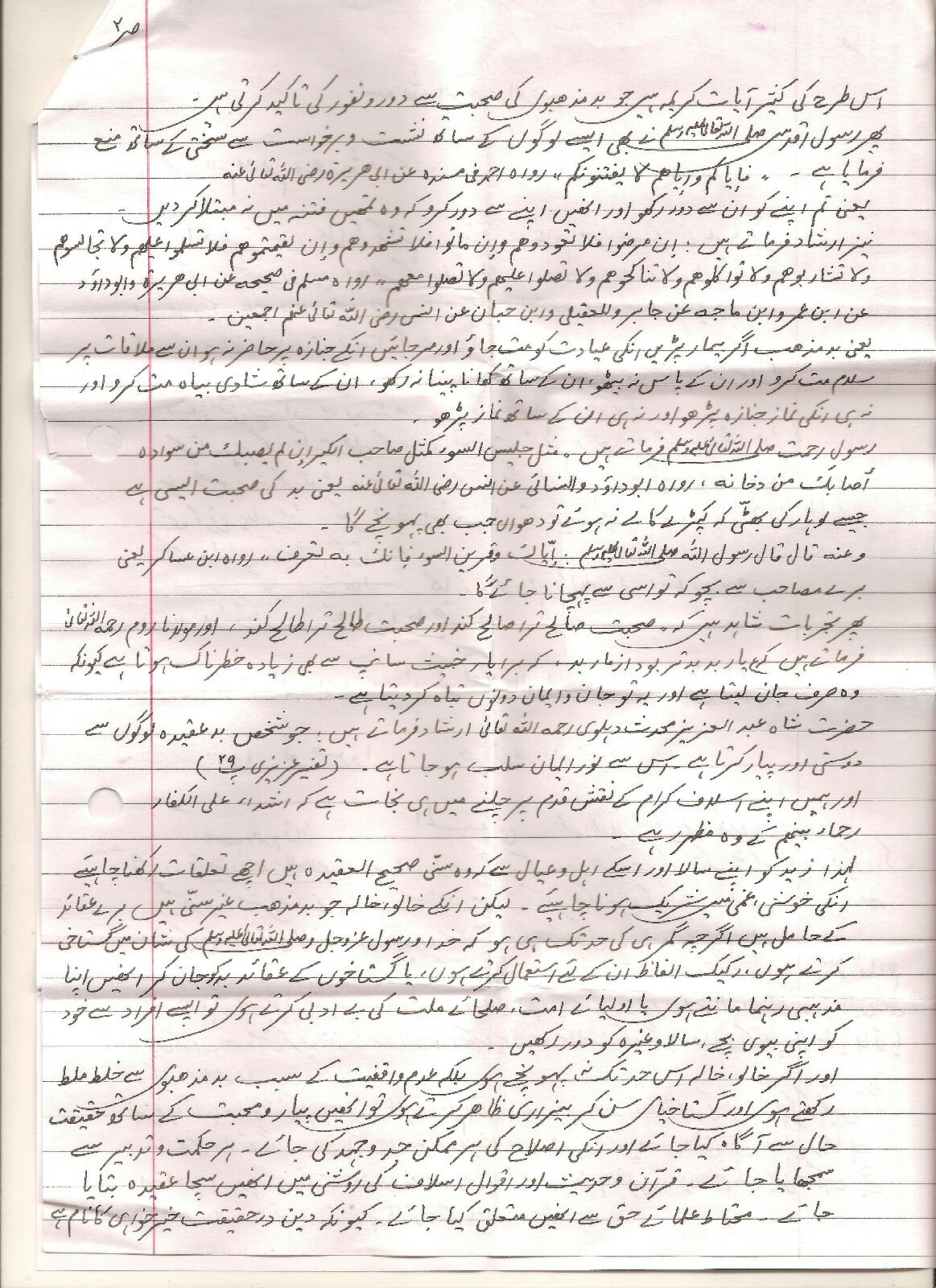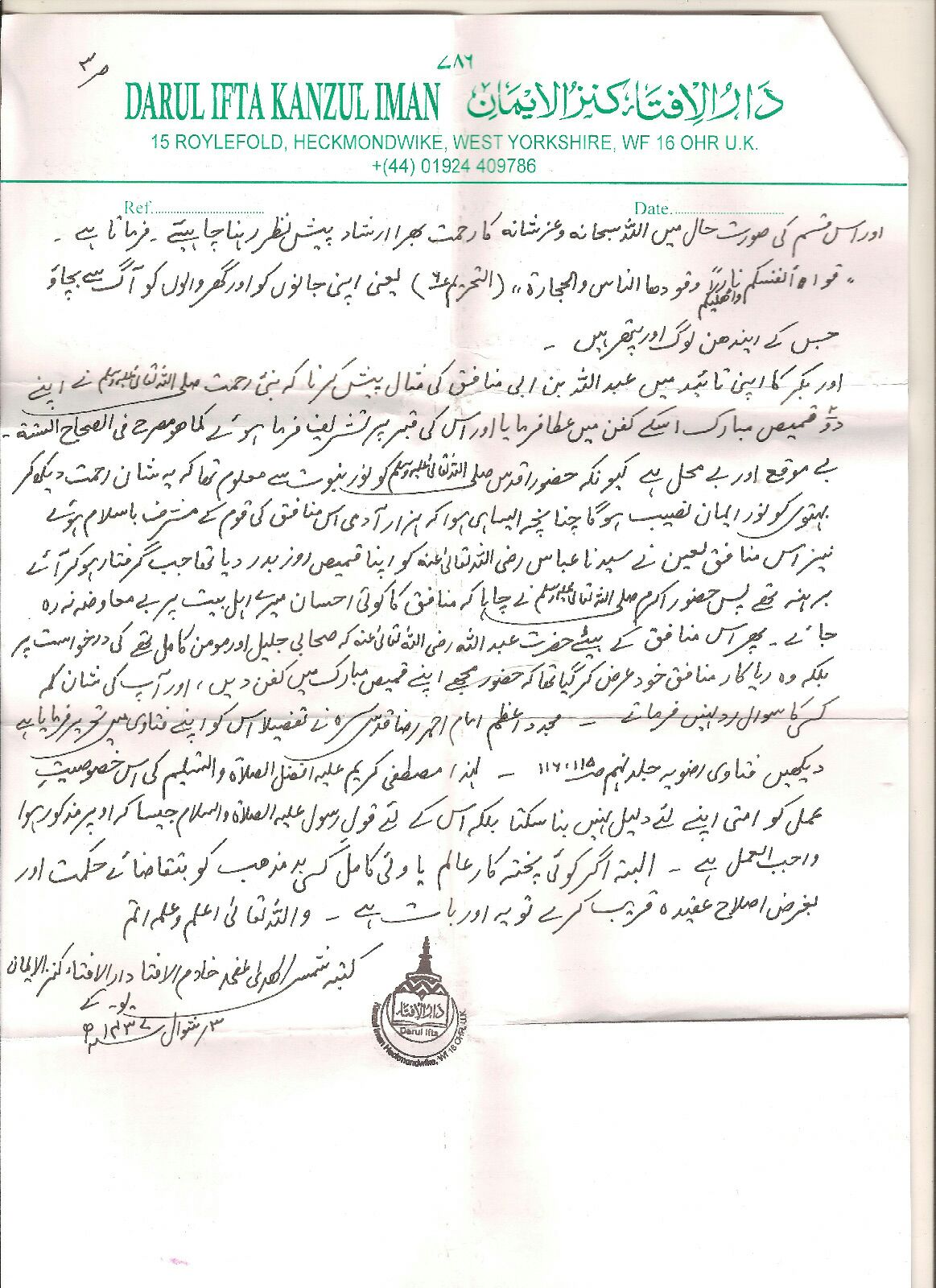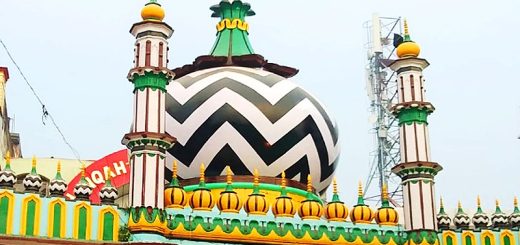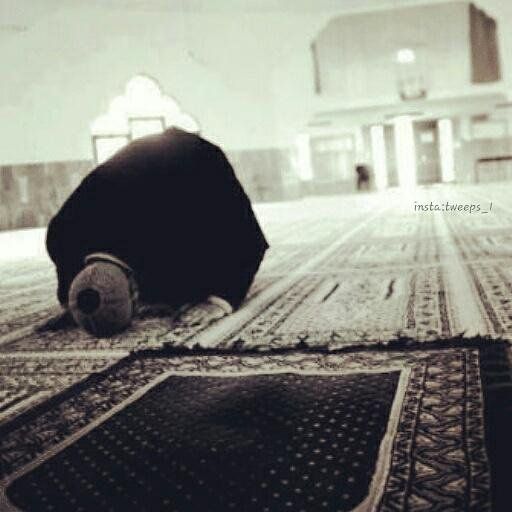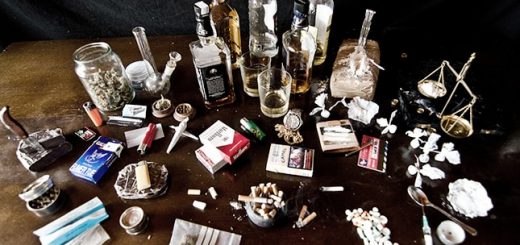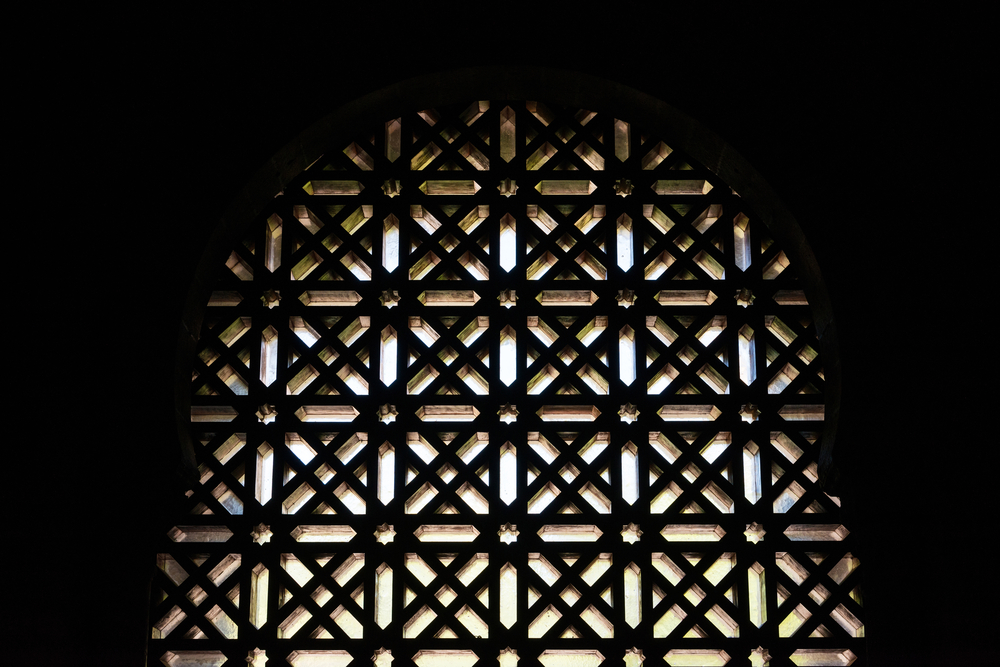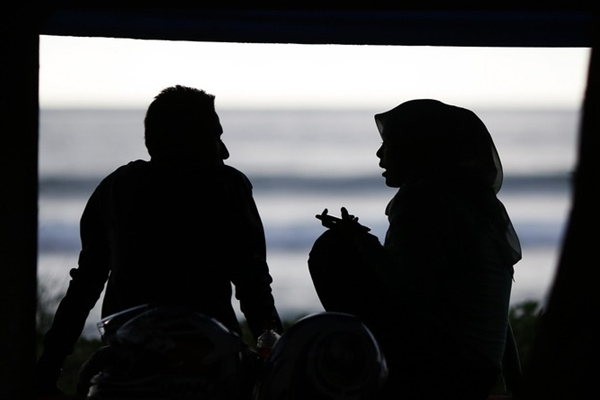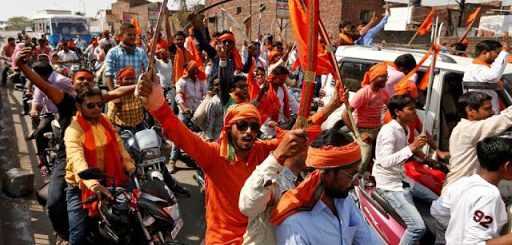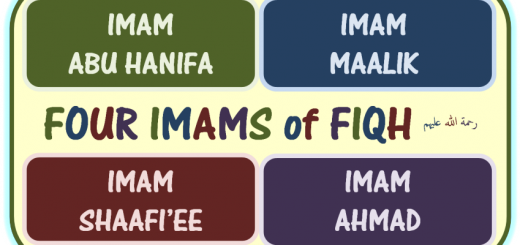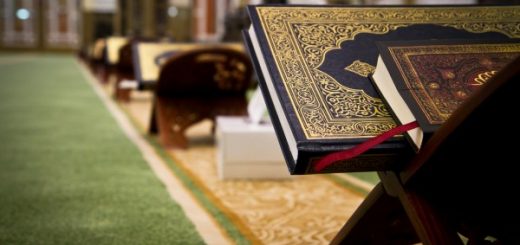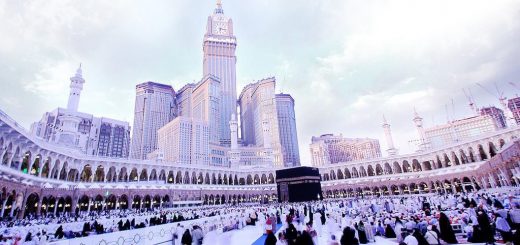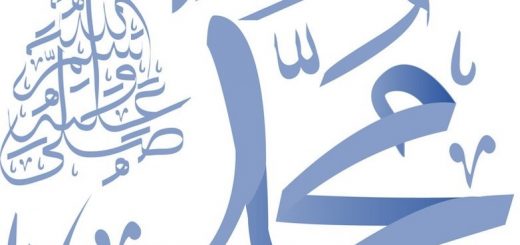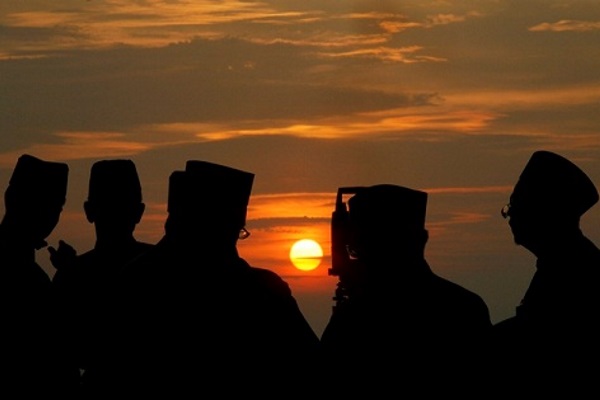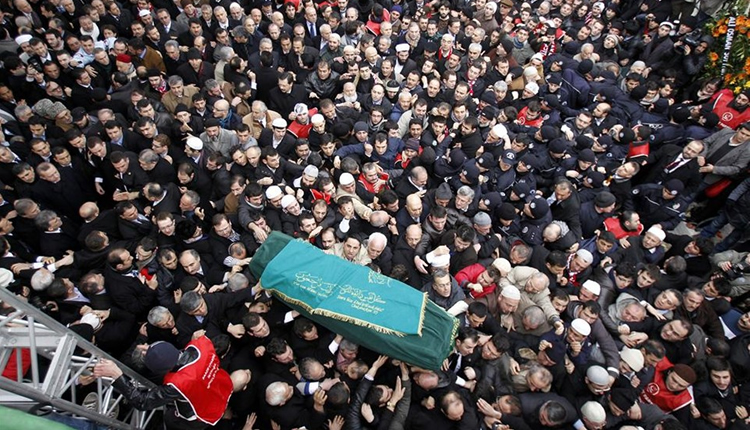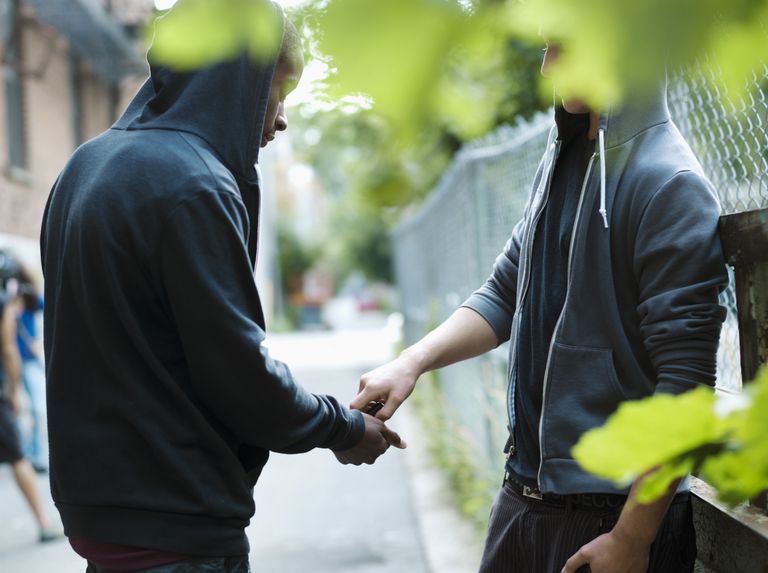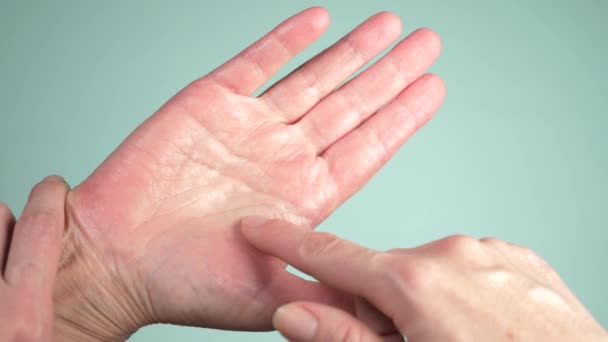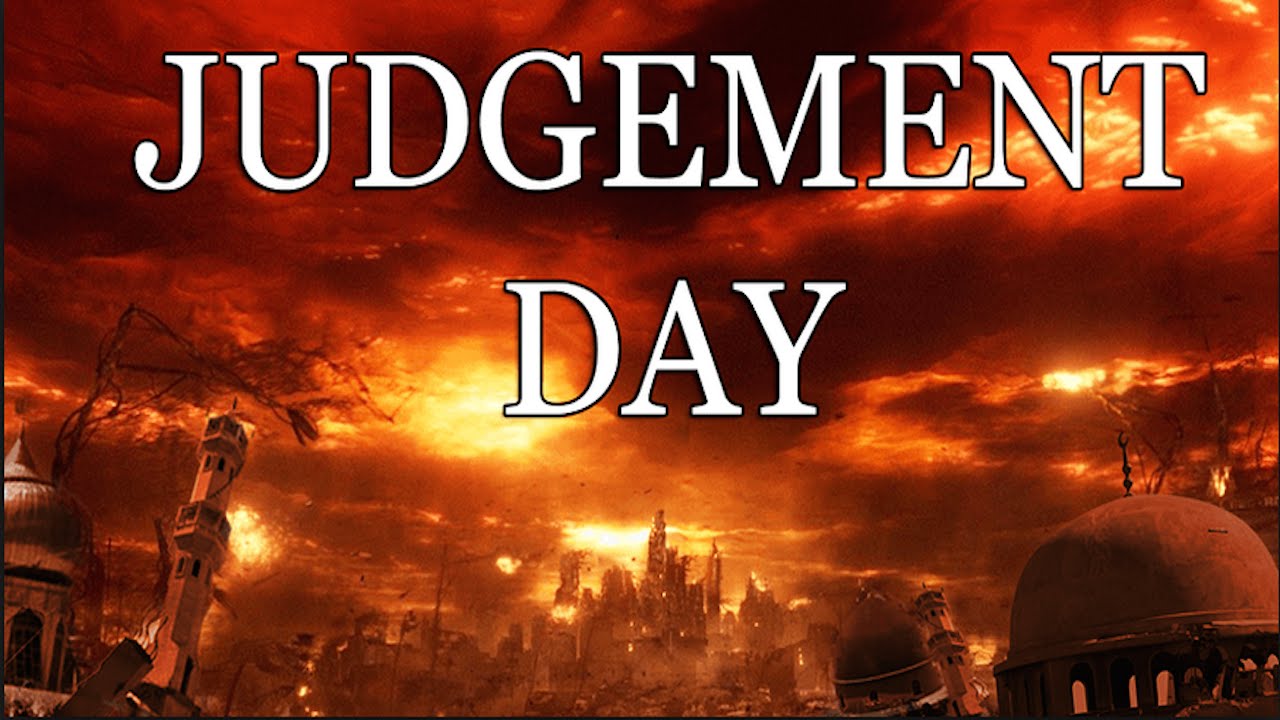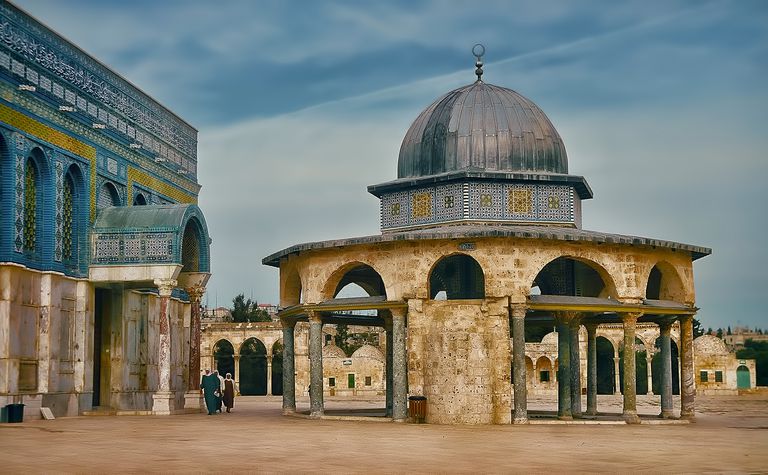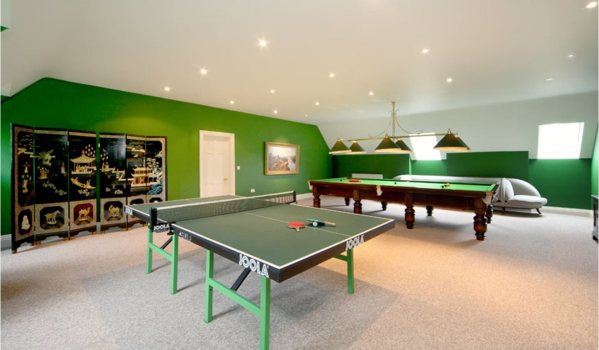QUESTION:
What do the noble scholars and lofty jurists say regarding this matter that a man’s wife’s maternal aunt and her husband are heretical innovators, non-sunni in beliefs and most of their children are similarly i.e. they too are heretical innovators. What is the ruling relating to keeping family ties with them?
Zaid’s brother in law Bakr (who is the son in law of this aunt), who is sunni himself and his wife is also sunni, says that using wisdom in action (hikmat ‘amali) these relationships should be maintained, family ties should be joined not broken, one should also visit these people in their moments of joy and sorrow. In support of his position Bakr presents the example of Abdullah bin Ubayy ibn Salūl [the leader of the munāfiqīn in Madinah Munawwarah].
Should Zaid allow his wife to meet her heretical aunt and her husband?
Please clarify this matter in detail with evidences.
Please clarify, May you be rewarded.
ANSWER:
باسمه و حمده تعالى
الجواب بتوقيق الملك العلام
The Qur`ān and Sunnah has forbidden friendship and affection for such a heretical innovator whose heresy does not reach to the level of kufr. Heartfelt love and affection for apostates and polytheists is even more impermissible and harām.
Allāh (Glory be to Him) says:
“You will not find a people who believe in Allah and the last Day taking as their friends those who opposed Allah and His Messenger, even though they be their fathers or their sons or their brethren or their kinsmen.”
[Sūrah al-Mujādilah Verse 22]
Allāh also says:
“And do not lean towards wrong doers, lest the Fire Should touch you.”
[Sūrah Hūd Verse 113]
Allāh, Most Transcendent is He has even forbidden from meeting and sitting with heretics.
Allāh says:
“and whenever the shaytān may make you forget, then sit not you after recollection with the unjust people”
[Sūrah al-An’ām Verse 68]
There are many noble verses like this that emphasise distancing oneself and fleeing from heretics. Further to this the Noble Messenger (may the peace and blessings of Allāh be upon him) has severely forbidden sitting in the company of these people saying:
“Beware! Keep yourselves away from them and them away from yourselves that they do not put you into tribulation” [Musnad Ahmad]
He also said:
“If they become ill then do not visit them and if they die do not witness their funerals and if you meet them do not give them salām and do not sit with them and do not drink with them nor eat with them, do not marry them do not pray over them and do not pray with them.” [Sahīh Muslim, Sunan Abū Dāwūd, Sunan ibn Mājah]
The Prophet of Mercy (may the peace and blessings of Allāh be upon him) said:
“The similitude of the evil seating companion is like the example of the blacksmith if the blackness of his soot doesn’t befall you his smoke does befall you.” [Sunan Abū Dāwūd, Sunan al-Nasā’ī]
The Prophet (may the peace and blessings of Allāh be upon him) also said:
“Stay away from the evil seating companion because you will be known by him.” [Ibn ‘Asākir]
Experience is a witness to the statement:
“The company of the pious will make you pious and the company of the evil will make you evil.” Mawlānā Rūmī also says: “A bad friend is more dangerous than a vile snake because the snake only takes one’s life but this one destroys both life and Imān.”
Al-Muhaddith Shaykh Abd al-‘Azīz al-Dehlawī (may Allāh shower him with mercy) says: “The person who makes friendship with and has love for heretics the light of īmān is stripped from him.”
[Tafsīr ‘Azīzī Chapter 29]
Our salvation itself is in our following in the footsteps of our noble predecessors. They are the manifestation of “harsh with disbelievers merciful with the believers”.
Therefore Zaid should keep good relations with his brother in law and his family because they are sunnis of correct ‘aqīdah and should share in their joy and sorrow.
However because their aunt and uncle are non-sunnīs and carry evil beliefs, if they have reached the level of deviance that they blaspheme in the right of Allāh (Most High) and His Messenger (may the peace and blessings of Allāh be upon him), they use disrespectful words concerning them, or having awareness of the words of blasphemers they take them as their religious scholars or they disrespect the awliyā` and the righteous ones of this ummah, then he should keep himself, his wife, children and his brother in law and others away from such people.
If the Aunt and the Uncle haven’t reached to this degree rather because of lack of acquaintance they mix with heretics and when they hear the blasphemous statements they manifest dislike then they should be informed about the reality of matters with love and affection and every possible effort should be made in rectifying them. They should be explained to through every possible wisdom and planning. They should be informed of the correct ‘Aqīdah through the light of the Qur’ān, Hadīth and the statements of the salaf (righteous predecessors). They should be introduced and attached to ‘Ulamā’ known for their precaution. This is because the Dīn is is to desire and do good for others. In this type of scenario the merciful statement of Allāh (Most Transcendent) should be kept at the forefront of the mind:
“Save yourself and your families from the Fire whose fuel is men and stones.”
[Sūrah al-Tahrīm Verse 6]
Bakr’s justifying his stance with the example of the Munāfiq ‘Abdullah ibn Ubayy, that the Messenger of Mercy (may the peace and blessings of Allāh be upon him) granted him 2 shirts as funeral shroud for him and presented himself at his grave, as is mentioned in the Sihāh Sittah, then this is presenting of a matter out of context and out of place.
This is because the Noble Prophet (may the peace and blessings of Allāh be upon him) knew through the light of Prophethood that many people seeing this display of mercy would be blessed with the light of īmān. Thus we find this is what happened that a thousand individuals from his people were honoured with entering Islām. Also this cursed munāfiq (hypocrite) had given Sayyidunā ‘Abbas (may Allāh be pleased with him) [the uncle of the Prophet may the peace and blessings of Allāh be upon him] his own shirt on the day of Badr when the former had been captured and had no shirt. The Noble Prophet (may the peace and blessings of Allāh be upon him) did not want any favour of the hypocrite upon his Ahl al-Bayt (Prophetic household) to remain without repayment.
It was also given on the request of the son of this hypocrite who was Sayyidunā ‘Abdullah, a noble sahābī and complete believer. In fact the ostentatious hypocrite himself had already said that the Prophet (may the peace and blessings of Allāh be upon him) should shroud me in his blessed shirt. The glory of the Prophet (may the peace and blessings of Allāh be upon him) was such that he did not reject someone’s request.
The Great Mujaddid al-Imām Ahmad Ridā Khān (May Allāh sanctify his secret) has mentioned this in detail in his Fatāwā – refer to al-Fatāwā al-Ridwiyyah Volume 9 pages 115 & 116.
For this reason this special action relating to the Chosen Prophet (may the peace and blessings of Allāh be upon him) cannot be taken by any of his followers as an evidence for himself. Rather it is necessary upon an ummatī that he act upon the aforementioned statements of the Prophet (may the peace and blessings of Allāh be upon him).
However if a sturdy erudite ‘ālim or a walī kāmil on the basis of wisdom and with the intention of rectifying the ‘aqīdah brings a heretic closer to himself this is a different matter.
و الله تعالى أعلم و علمه أتم
كتبه شمس الهدى عفي عنه خادم الأفتاء دار الأفتاء كنز الأيمان
Answered by Mufti Shams ul Huda Misbahi
Translated by Mawlana Ibrar Shafi.
Also see: [Q-ID0285] My Husband listens to Wahabi scholars, doesn’t accept Mawlid & Sects. Please help.
Scanned pages of the original Urdu answer are below:
